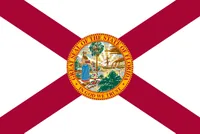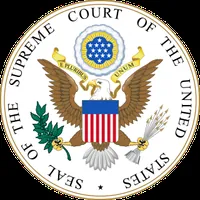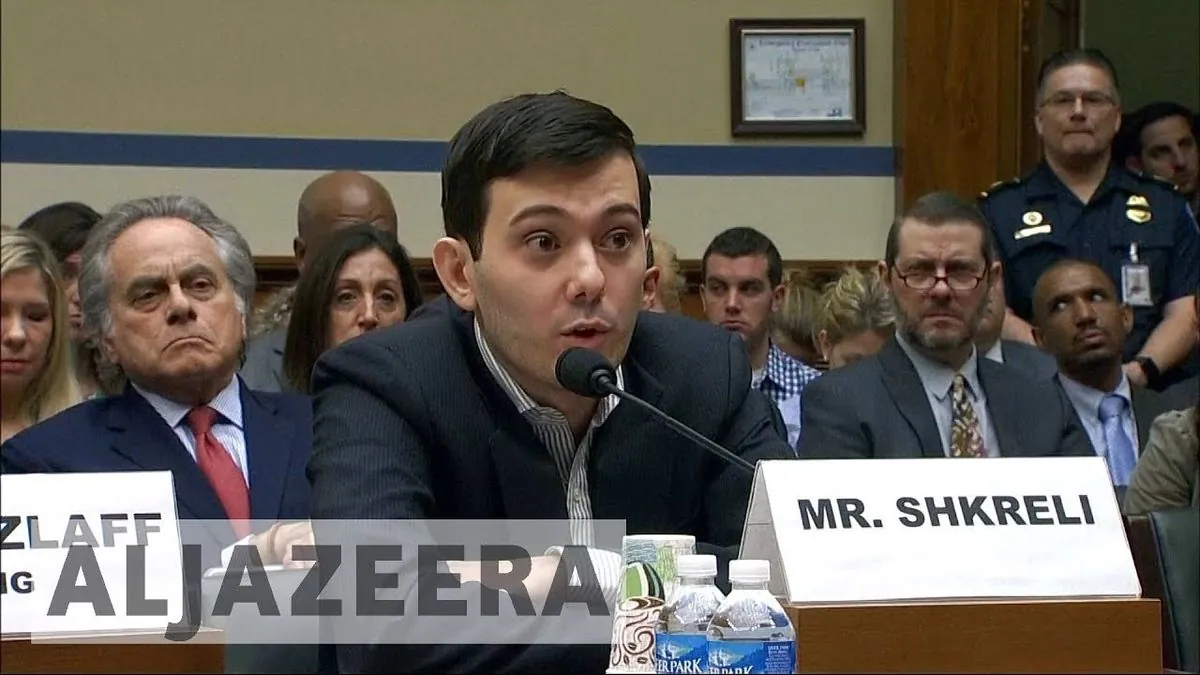Merck Wins Immunity in Mumps Vaccine Antitrust Case
Federal appeals court grants Merck immunity in antitrust lawsuit over mumps vaccine effectiveness. Ruling cites Noerr-Pennington doctrine, protecting companies petitioning government.
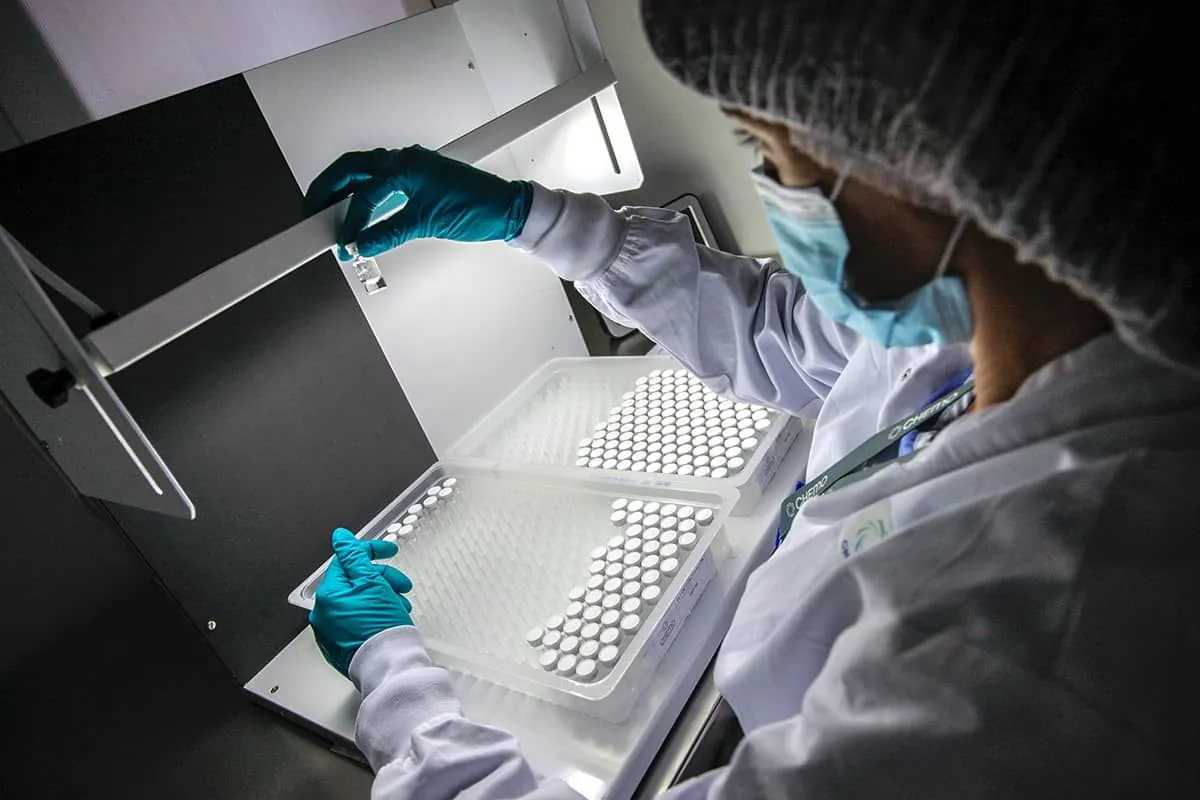
On Monday, October 7, 2024, a federal appeals court ruled that Merck & Co Inc is immune from an antitrust lawsuit concerning its mumps vaccine. The case, which alleged that Merck misled regulators about the vaccine's effectiveness to prevent competition, was dismissed based on the Noerr-Pennington immunity doctrine.
The 3rd U.S. Circuit Court of Appeals panel, in a 2-1 decision, determined that Merck is protected under this legal principle. Noerr-Pennington immunity shields parties from antitrust claims when they petition the government, even if such actions might reduce competition.
This ruling stems from a complex history of mumps vaccination in the United States. From 1967 until 2022, Merck was the sole provider of the mumps vaccine in the country. The vaccine, developed by Maurice Hilleman, has been a crucial component in the MMR-II (measles, mumps, and rubella) and ProQuad vaccines.
In the late 1990s, the U.S. Food and Drug Administration (FDA) expressed concerns about the mumps vaccine's potency near the end of its shelf life. Merck responded by increasing the initial potency and submitting a supplemental application to the FDA to maintain its efficacy claims.
The plaintiffs, a group of doctors and medical practices, alleged that Merck used a flawed clinical trial to demonstrate the effectiveness of this measure. They claimed the company concealed issues with the trial from the FDA, leading to the approval of the supplemental application.
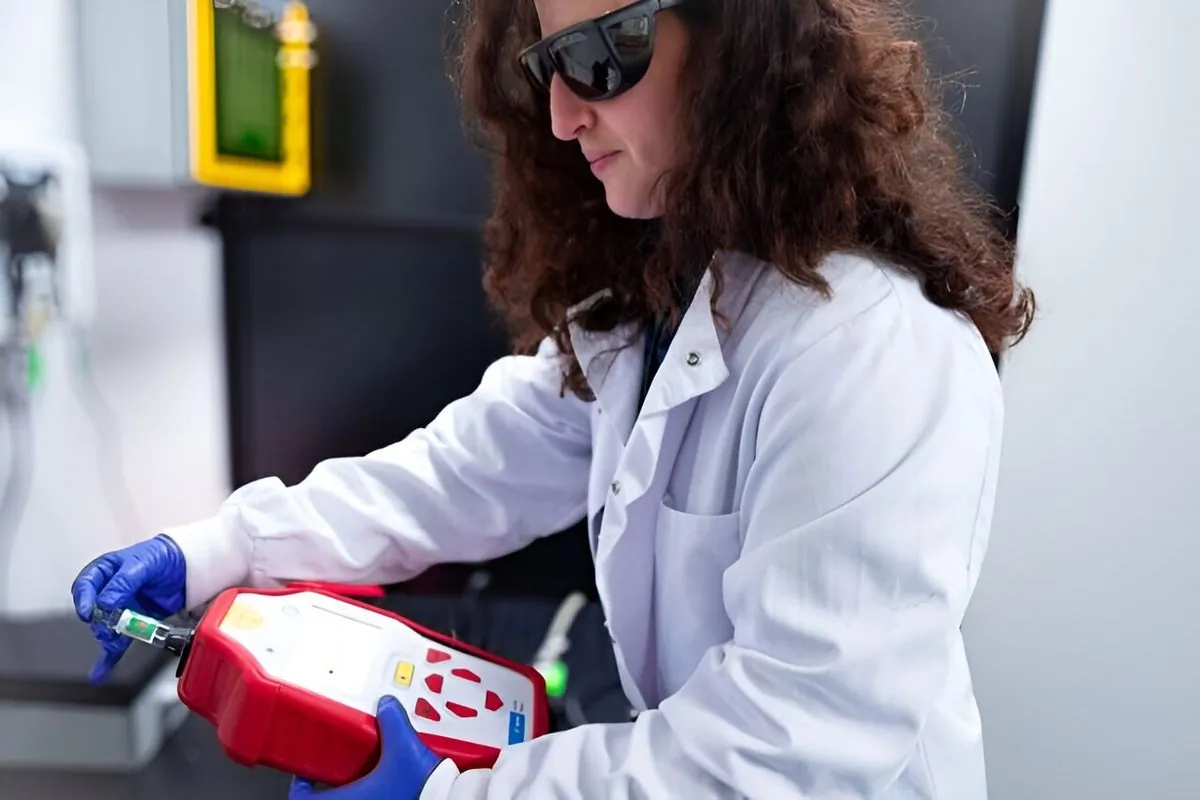
This alleged deception, according to the plaintiffs, deterred competitor GSK from pursuing its own mumps vaccine, believing it couldn't match Merck's reported efficacy. GSK only proceeded with its vaccine development after learning about the problems with Merck's trial.
The mumps vaccine has been instrumental in reducing mumps cases by more than 99% in the U.S. since its introduction. However, outbreaks still occur, even in highly vaccinated populations, highlighting the complexity of vaccine efficacy and immunity.
Circuit Judge Tamika Montgomery-Reeves, writing for the majority, acknowledged the troubling evidence but stated that Merck's actions were the result of "genuine and successful petitioning of the FDA," thus falling under Noerr-Pennington protection.
In a dissenting opinion, Circuit Judge Patty Shwartz argued for an exception to Noerr-Pennington immunity in cases of deliberate misrepresentation to the government.
This ruling underscores the challenges in balancing antitrust concerns with the legal protections afforded to companies engaging with regulatory bodies. It also highlights the ongoing debates surrounding vaccine efficacy, development, and market dynamics in the pharmaceutical industry.
The mumps vaccine, a live attenuated virus vaccine, is estimated to be 88% effective with two doses. The World Health Organization recommends two doses of mumps-containing vaccine, with some countries implementing a third dose during outbreaks to address potential waning immunity over time.
As the legal and scientific discussions continue, it's crucial to remember that vaccination remains a key tool in preventing mumps and its potential complications, which can include meningitis, orchitis, and rarely, deafness or pancreatic inflammation.
"The record contains troubling evidence that Merck sought to extend its apparent monopoly by misrepresenting facts about its mumps vaccines on the FDA-approved drug labeling. But those allegedly false claims were the result of Merck's genuine and successful petitioning of the FDA."
This case highlights the ongoing challenges in vaccine development, regulation, and market dynamics, as well as the complex interplay between public health, corporate interests, and legal doctrines in the pharmaceutical industry.
















